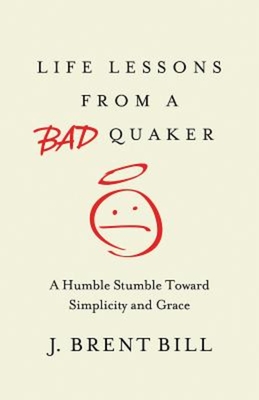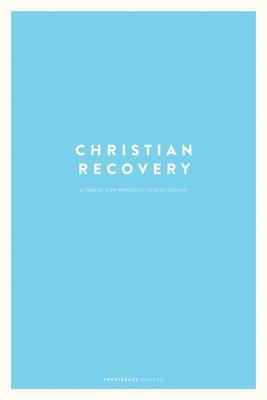
Felicetti, Elizabeth
product information
description
fe without giving birth. In many Christian communities today, women are expected to have children--to "be fruitful and multiply." To be childless is to be less of a woman, less of a Christian, or so it can feel. Elizabeth Felicetti is deeply familiar with this pressure as an Episcopal priest who never had the children she imagined would be part of her life. But in the landscape of her childhood in Arizona Felicetti found fresh eyes. If she's "barren," so is the desert--and if you look closely, the desert teems with unexpected life. This is also true of women throughout history. Biblical women like Mary Magdalene, medieval mystics like Julian of Norwich, and modern activists like Rosa Parks did not have children, yet their lives bore fruit in their communities and in the church at large. In reflecting on her own experience alongside those of these remarkable women, Felicetti deepens our understanding of the many ways to be fruitful. Women without children--by choice or chance--who have felt frustrated or voiceless in the church will find solidarity and inspiration in the pages of Unexpected Abundance.
member goods
No member items were found under this heading.
Return Policy
All sales are final
Shipping
No special shipping considerations available.
Shipping fees determined at checkout.







